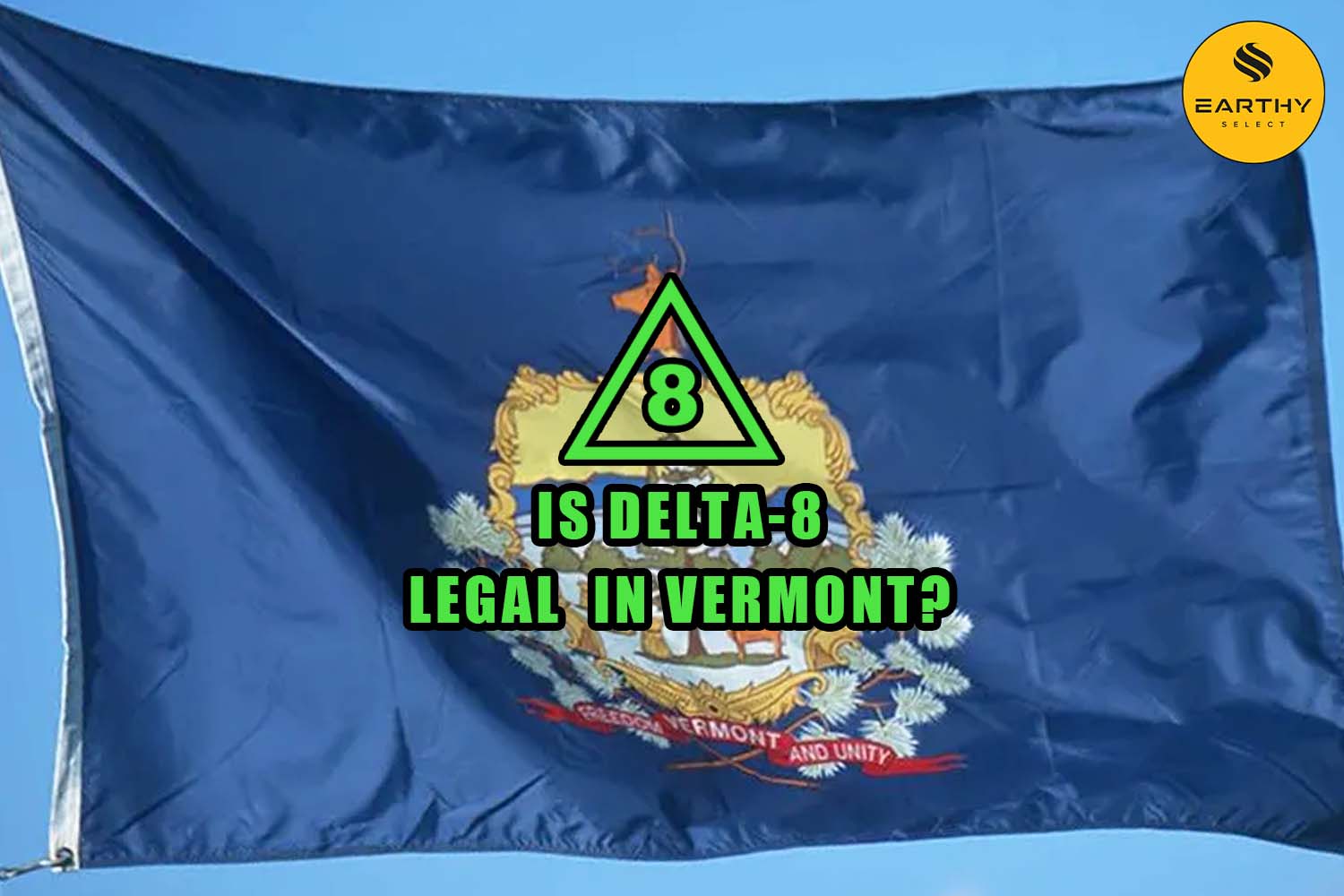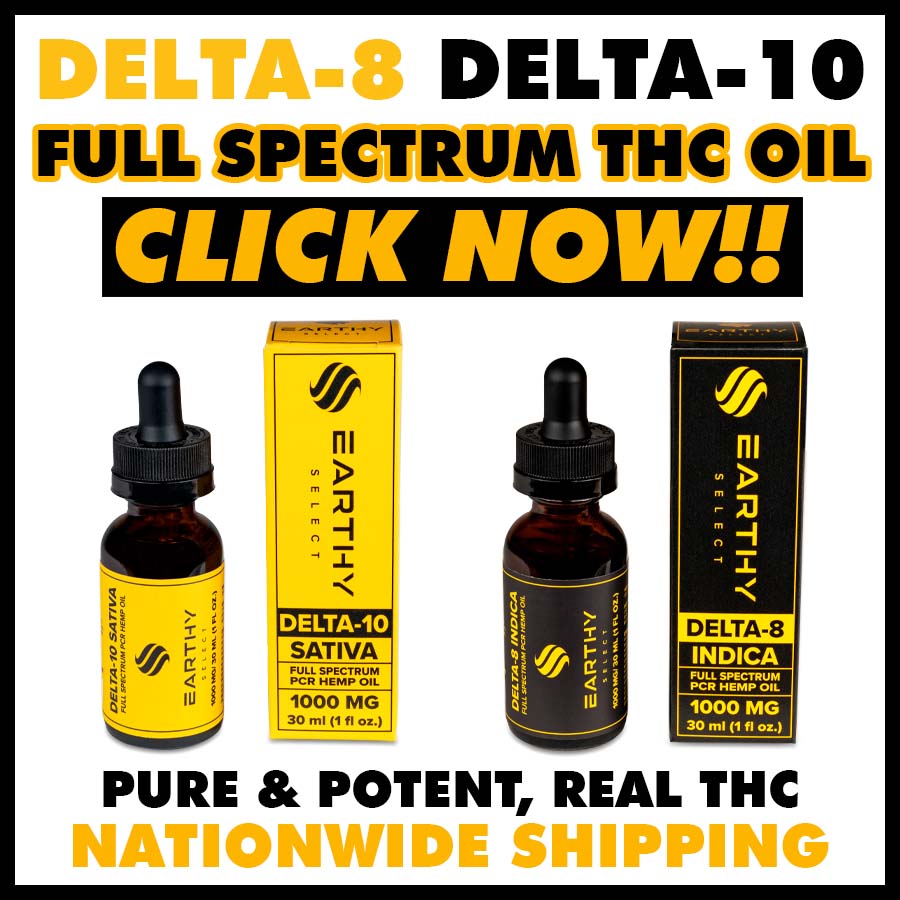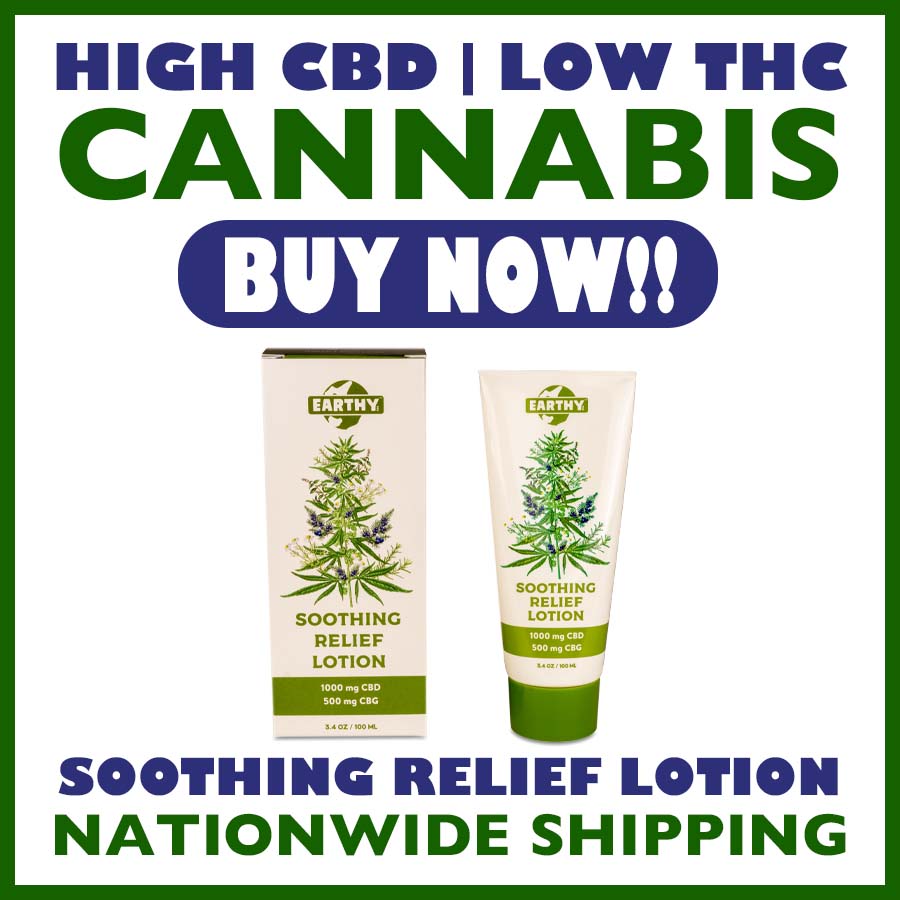Is Delta-8 Legal in Vermont?
Delta-8 is one of America’s favorite cannabis products and Vermonters are all in. Hemp-derived Delta-8 THC is arguably legal in Vermont according to the Farm Bill and Vermont state law. This article will discuss the popular cannabinoid and the Green Mountain State.
Delta-8 THC explained
Delta-8 tetrahydrocannabinol (THC) is a cannabinoid. That just means it is a substance that comes from the cannabis plant, and there are hundreds of them. When cannabinoids are consumed, they interact with and have an effect on the human endocannabinoid system (ECS).
The ECS involves the cannabinoids as neurotransmitters that affect cannabinoid receptors throughout the human body. Research is ongoing, but it appears to be involved in regulating physiological and cognitive processes, immune system activities, appetite, pain-sensation, mood, and memory, and in mediating the pharmacological effects of cannabis [1].
Delta-8 is a very popular THC product used for therapeutic and personal enjoyment. It is similar to Delta-9 THC which we’ll look at next. Most states including Vermont have been onboard with Delta-8 and its benefits. Even in a state like Vermont that has been able to legalize marijuana, Delta-8 can be a great alternative for those looking to benefit from the cannabis plant.
The Farm Bills explained
For many years in the U.S., cannabis was illegal, according to federal law, whether or not it contained THC, a psychoactive chemical that occurs naturally in the plant. In the 2010s, the United States Congress enacted two groundbreaking pieces of legislation, commonly known as the Farm Bills.
The 2014 Farm Bill removed hemp from the list of Schedule 1 substances, and was the seed of hemp’s recent resurgence. The Bill allowed long-forbidden production and research into hemp-derived cannabinoids to begin in earnest.
The 2018 Farm Bill expanded on this, allowing people to produce, sell, and consume hemp-derived products, making it clear to legal experts that all other plant materials and substances derived from legally-defined hemp are also federally-compliant [2].
The federal farm bill legislation defines cannabis with less than .3% of Delta-9 THC per dry weight as hemp and allows it in all 50 states. Cannabis with more than .3% Delta-9 THC per dry weight is defined as marijuana and federal law still treats it as a controlled substance on the Drug Enforcement Agency’s Schedule 1 list.
Why is this, when so many states allow medical use or adult recreational use of cannabis with more than .3% of the psychoactive compound, Delta-9 THC?
The Farm Bill defines hemp as:
Hemp.–The term `hemp’ means the plant Cannabis sativa L. and any part of that plant, including the seeds thereof and all derivatives, extracts, cannabinoids, isomers, acids, salts, and salts of isomers, whether growing or not, with a delta-9 tetrahydrocannabinol concentration of not more than 0.3 percent on a dry weight basis.
State laws vary. Most states passed similar laws in the year or years following the Farm Bill’s enactment. Most of these adopted the same definition of hemp, and legalized hemp and hemp-derived products. Vermont hemp rules use basically the same definition as the federal law [3].
To learn about Delta-8 THC in the states neighboring Vermont, check out Is Delta-8 Legal in Massachusetts?, Is Delta-8 Legal in New Hampshire?, and Is Delta-8 Legal in New York?
For all 50 states, read Is Delta-8 THC Legal in Your State?
Does Vermont have medical marijuana?
Yes, in 2004, Vermont legalized medical marijuana with Senate Bill 76 to pass without his signature. The law was further expanded with 2007’s Senate Bill 7 passed.
The Medical Marijuana Registry was originally administered by the Department of Public Safety, and is now under the Cannabis Control Board’s jurisdiction. To qualify for the program, a patient must be a resident of Vermont and be suffering from a debilitating medical condition. These medical conditions qualify as debilitating for Vermont residents [4]:
- Cancer
- Multiple sclerosis
- HIV or AIDS
- Glaucoma
- Crohn’s disease
- Parkinson’s disease
- Post-traumatic stress disorder
In addition, “medical conditions that produce one or more of the following symptoms also may qualify: wasting syndrome, chronic pain, severe nausea, or seizures [4].”
Adult use recreational marijuana in Vermont
Vermont allows people age 21 or older to possess up to an ounce of marijuana, or up 5 grams of hash or concentrates without penalty under state law [5].
In 2020, Vermont’s Act 164, also know as S.54, became law. The bill lets the state regulate and tax cannabis sales. Vermont is the 11th state to regulate adult-use cannabis sales, and the second state to do so legislatively, and not by voter initiative. The fall of 2022 is when retail sales are expected to start [6].
Delta-8 THC in Vermont
Hemp-derived Delta-8 THC is arguably legal in Vermont according to the Farm Bill and Vermont state law.
The Farm Bills legalized hemp and its derivatives with less than .3% Delta-9 THC per dry weight for all 50 states. Vermont has its own hemp rules which are overseen by the state’s Hemp Program.
The Vermont Agency of Agriculture, Food and Markets (VAAFM) issued a statement in April 2021 saying that Delta-8 is not permitted within the state’s hemp program. The VAAFM said that naturally occurring Delta-8 is OK, but that Vermont producers cannot manufacture Delta-8 from hemp [7]. This appears to allow Delta-8 in the state.
In an apparent scare-tactic, the VAAFM said “In addition, Delta-8-THC manufactured from hemp may be a controlled substance under federal and/or State law.” This vague statement is unhelpful; the state should clarify its own rules. To the federal point, the claim contradicts the Farm Bill which removed hemp and derivatives as a controlled substance.
In March 2022, Vermont’s Agency of Agriculture, Food and Markets restated that “Vermont Hemp Program registrants continue to be prohibited from manufacturing and/or labeling products containing Delta-8-THC [8].” To be clear, these prohibitions are not against possession or purchase, but specifically address, “Vermont Hemp Program registrants… manufacturing and/or labeling products containing delta-8-THC.” [emphasis added]
Vermont hemp rules
Vermont hemp rules continue to be current news. H. 548 is in the Vermont legislature in 2022. The Bill addresses Delta-8 and Delta-10-THC. When manufactured from legally produced hemp cannabinoids, the Bill proposes to place these types of goods from Vermont producers under the regulatory control of the Cannabis Control Board [9].
Final thoughts on Delta-8 THC in Vermont
Under Vermont law, folks have the freedom to use marijuana without violating state law. Cannabis plants and hemp plants can both provide many cannabinoids including Delta-8. Consumers must do their own due diligence regarding their preference for cannabis with only very small amounts of psychoactive cannabinoids, or a higher natural concentration.
Disclaimer – Information is provided for educational purposes. It does not, and is not intended to, constitute legal advice or medical advice. We attempt to be accurate and up to date but the legality of cannabinoids and the science of cannabis is evolving. The author is neither a lawyer or a legal expert, nor a doctor or medical expert. You should check with your local authorities and medical providers before buying or using any products.
References
- Wikipedia: Endocannabinoid System
- HIA Position Statement on Delta-8 and Hemp Cannabinoids
- Vermont Tax Guidance for Hemp and CBD
- Vermont Medical Cannabis Information
- NORML: Vermont Penalties
- Vermont Becomes 11th State to Allow Legal Sales
- Vermont Agriculture Hemp Program on Delta-8 THC
- Vermont Agriculture Hemp Program Revisiting Delta-8 THC Rule
Frequently Asked Questions
Is Delta-8 THC a psychoactive substance?
People may feel high after using Delta-8 THC products. Products with THC, even at low dosages, have the potential to produce psychoactive and therapeutic effects.
When using Delta-8, Delta-9, and Delta-10 THC products, users report feelings of relaxation, euphoria, creativity, focus and pleasure. Some people like to compare the effects to those of traditional adult-use cannabis products.
Will Delta-8 THC show up on a drug test?
Yes. It will depend on dosage size and regularity of use, but there is a risk of failing a drug test. Drug tests for marijuana generally identify THC or its metabolites, and Delta-8 THC can make a person fail a drug test. If you anticipate taking a drug test, we suggest checking with your employer or test administrator for clarity prior to taking Delta-8 or any full spectrum products.
What is a CoA?
A certificate of analysis (CoA) is a document attesting to a product’s laboratory analysis for cannabinoids and in some cases adulterants, heavy metals and pesticides. It is a useful tool for cannabis producers and customers to ensure quality and trust.
Is Delta-8 as strong as Delta-9?
They are both forms of THC that can be derived from hemp or marijuana, and both can have strong effects. They are both federally legal if derived from hemp and have less than .3% Delta-9 THC per dry weight. The strength or potency of both can vary greatly, but on average, Delta-8 is considered to have less strength than Delta-9.






